Is meat manly? How society pressures us to make gendered food choices.
Washington Post

Gendered beliefs about food choices affect men and women’s health habits, including the types of foods they actually eat. Socially influenced eating patterns could in part help explain why men are at a higher risk of heart disease and some cancers. Are our ideas about masculinity and femininity negatively affecting our health?

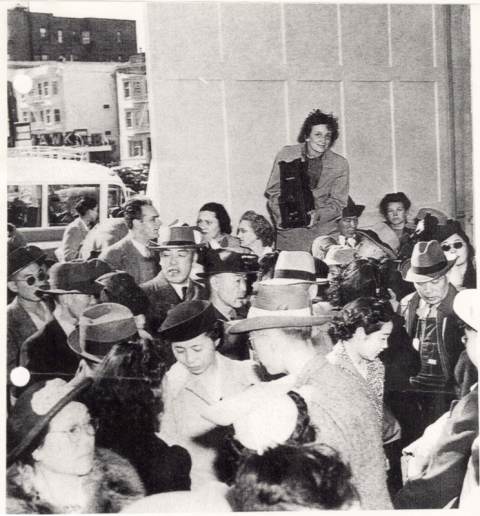
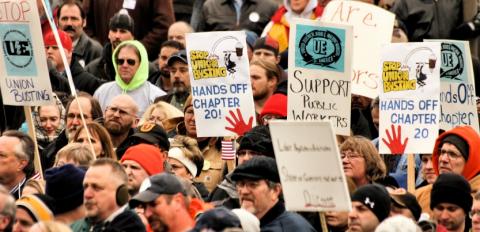

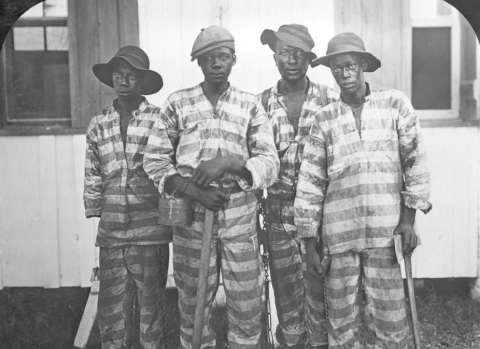

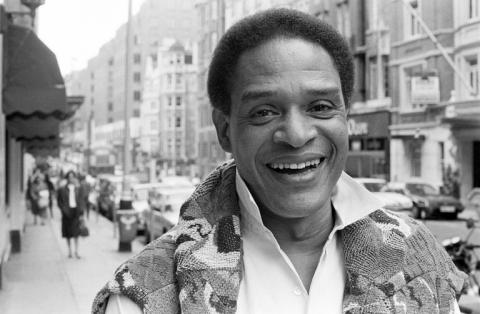
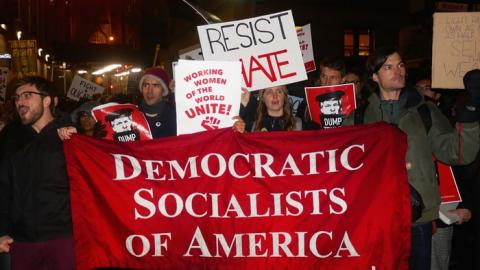
Spread the word